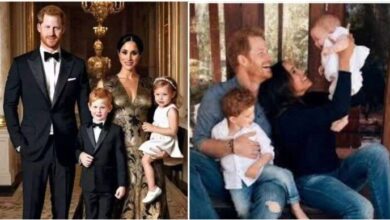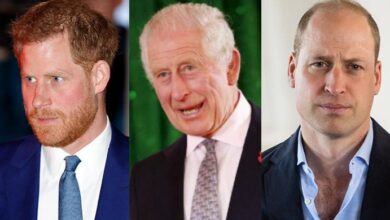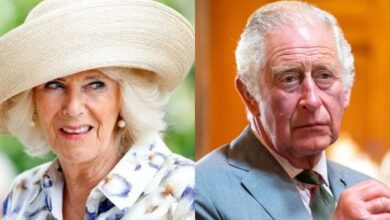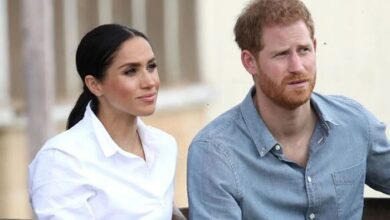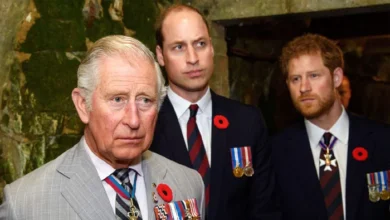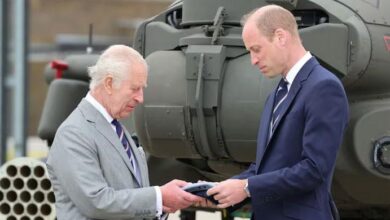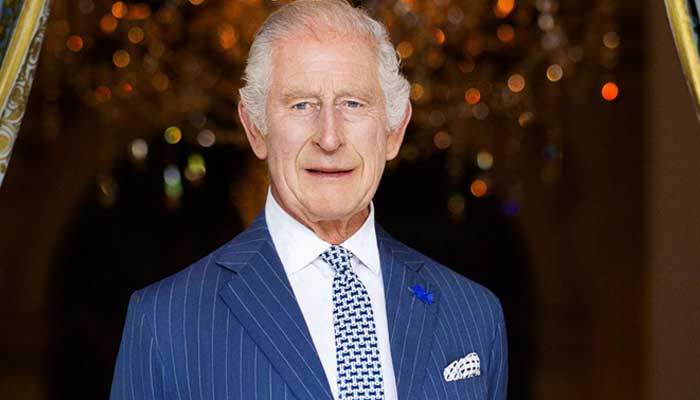
As King Charles prepares to resume his public-facing duties following a period of treatment and recuperation, the royal family braces for a significant shift in public sentiment.
Amidst the announcement of the monarch’s forthcoming engagements, a recent survey by the National Centre for Social Research (NatCen) reveals a historic low in support for the monarchy, posing a fresh challenge for King Charles and the institution he represents.
The palace spokesperson confirmed the monarch’s joint visit with Queen to a cancer treatment center, marking a significant milestone in King Charles’ return to external engagements.
However, against this backdrop of royal activity, the NatCen survey highlights a stark decline in public support for the monarchy, with just over half of respondents expressing their backing, the lowest proportion recorded since 1983.
According to NatCen’s Deputy Chief Executive Gillian Prior, the survey data reflects a notable downward trend in support for the monarchy over the past four decades.
While the majority of respondents still express support for the monarchy, a significant minority, 16%, advocate for its abolition, marking the highest percentage recorded to date.
Read More: Kate Middleton’s Surprising Reaction to King Charles’s Big Announcement Laid Bare
The survey results underscore the challenges facing King Charles as he assumes a more prominent role within the royal family and endeavors to navigate a changing social and political landscape.
Against a backdrop of evolving public attitudes and heightened scrutiny, King Charles must confront the realities of shifting public opinion while upholding the traditions and values of the monarchy.
As the royal family grapples with the implications of dwindling support, King Charles’ return to public duties takes on added significance, offering an opportunity to engage with the public and address concerns directly.
In a time of uncertainty and change, King Charles must demonstrate leadership, empathy, and a commitment to transparency in order to rebuild trust and strengthen the monarchy’s resilience in the face of adversity.
